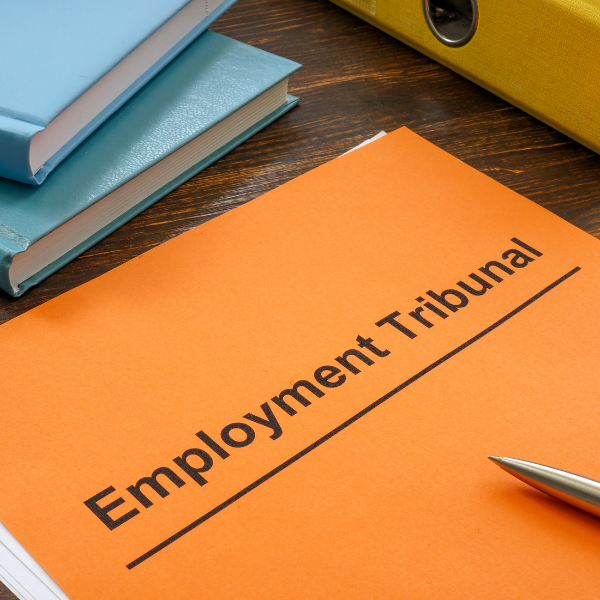Breakdown of a Relationship Outside of a Marriage : Katie Baker and Kelly Reynolds
 Podcast
Podcast

 Blog
Blog

Frida Kahlo “Everything Can Have Beauty, Even the Worst Horror”
 Blog
Blog

Can I use AI for my Divorce?
 Podcast
Podcast

So, What Do You Do? – Lizzie Cross and Amy Burgoyne
 Podcast
Podcast

So, What Do You Do? – Jemma Groves and Mike Lim
 Podcast
Podcast

Legal Runner and How it Came About with the President of The Law Society – Mark Evans
 Blog
Blog

Tis the Season to be Jolly Careful!
 Blog
Blog

Probate Researchers – Colin Blackburn’s Estate
 Podcast
Podcast

The Role of a Deputy for a Brain Injured Client and Why One is Needed: Lucy Speed, Anna Redding and Kathy Chilton
 Blog
Blog

National Maternity Investigation: Interim Report
 Podcast
Podcast

Companies House ID Checks: Jemma Groves
 Blog
Blog

Christmas Parties and Sexual Harassment
 Podcast
Podcast

The Role of the NFU’s County Advisor for Herefordshire: Sophie Burgoyne and Ali Parker
 Podcast
Podcast

The Trainee Solicitor Interview Process at Lanyon Bowdler
 Podcast
Podcast

Her Legal Story: Toni Reeves
 Blog
Blog

Time to Fix the Buying and Selling Process: Reform is on the Horizon
 Blog
Blog

Level 7 Apprenticeships: What the Funding Shake-Up Means for Future Solicitors
 Podcast
Podcast

Residential Tenancies in Wales – The Most Common Questions: Alys Jones, Toby Williams and Katie Baker
 Blog
Blog

Good Divorce Week 2025 – There is Another Way
 Blog
Blog

ACAS Early Conciliation Period Increases
Our awards and accolades.
Get in touch.
If you have a particular area of law you would like to discuss, please feel free to get in touch with the team, by using our online form below.
"*" indicates required fields

 Back
Back










